We love a personal book recommendation at Wallpaper*, but amongst the screen grabs, the Bluetooth’d notes and word-of-mouth plugs, it can be hard to keep track of all those books your friends are raving about. Whether new, older, fiction or non-fiction, criticism, social history or novella, I have gathered some of my favourite books into place, for your convenience. Welcome to your winter 2024 reading list.
Claire Tomalin, A Life of my Own
(Image credit: Courtesy of publisher)
The art of the biographer is a complex one. How to wade through dry details, personal letters, reams of produced work, gossip and hearsay to create a book which not only gives a factually sound account of a life, but also a riveting, emotional one? Just ask Claire Tomalin, who has brought subjects including Katherine Mansfield, Charles Dickens, Mary Wollstonecraft and Jane Austen back to life in superbly crafted works which expertly underline the detached nature of the biographer’s role. It is a distance Tomalin confronts head on when she takes herself as the subject, and the resulting A Life of my Own, freed from this necessary separation, is – without exaggeration – a flawless read. It takes in her time at Cambridge University, her marriage and death of her journalist husband in a war zone and raising her four children, coupled with anecdotes from literary London and adroitly-handled personal tragedy, and always without compromising her own or another’s privacy. We can learn a lot from Tomalin’s ability to share – without overstepping her own boundaries.
£10.99, waterstones.com
Karl Ove Knausgaard, A Man in Love
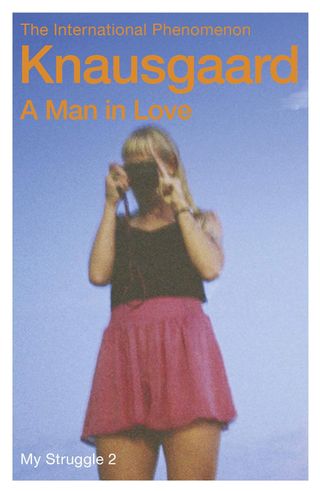
(Image credit: Courtesy of publisher)
While a six-volume collection of books encompassing every waking thought of Norwegian writer Karl Ove Knausgaard might not sound thrilling, it would be missing out not to give these a go. Knausgaard, who traces his life from his childhood, through to the death of his father, birth of his three children and two marriages, in unflinching detail, is a master of capturing the mundane. By paying particular attention to the minutia which makes up a life, he awards it the respect it deserves. In A Man in Love, where he leaves his first wife, falls in love with his second and attempts to juggle childcare and creativity, he captures the magical mundanity of looking after a child. He writes so well, that the dozens of pages documenting the chewing of food, the lacing of a shoe, the arm through a coat, the changing of a nappy, are unputdownable, exquisite everyday nothingness told at the pace of a thriller.
£9.99, waterstones.com
Shirley Jackson, The Lottery and Other Stories
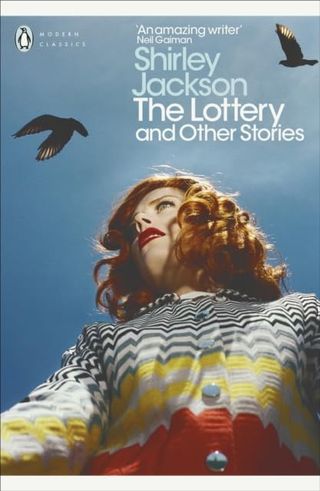
(Image credit: Courtesy of publisher)
For Freud, the uncanny is both horrifying and familiar, recognised in the creeping dread of the known. It is a feeling Shirley Jackson has mastered time and again in her creepy stories, and best in this collection of short stories. A woman makes friends with a neighbour, another gets dressed on her wedding day, a third cooks for a male friend – each short, harrowing story seems innocuous enough, yet barely perceptible details, subtly told, keep the adrenaline pumping. The final story, The Lottery, is gloriously sickening, as the cheerful residents of a small village gear up for their annual tradition.
£9.39, amazon.co.uk
Angela Saini, Superior: The Return of Race Science
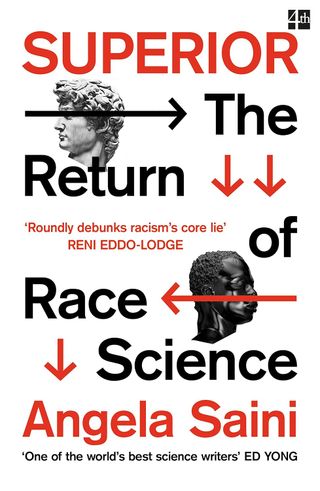
(Image credit: Courtesy of publisher)
From routinely accepted ‘truths’, with no basis in fact, spring poisonous and insidious prejudices. Therefore from the idea that race has roots in biology grows racism, a nonsense efficiently dismissed by Saini, who considers identity politics, eugenics, history, social science and DNA ancestry testing in her underlining of race as a social construct.
£10.99, waterstones.com
Lucy Ellman, Ducks, Newburyport
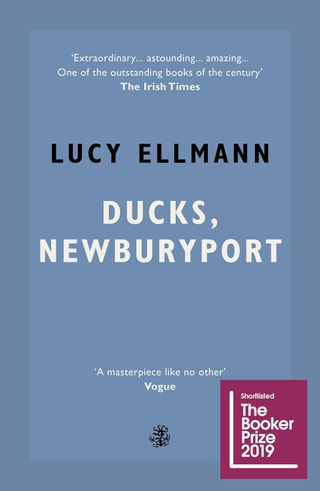
(Image credit: Courtesy of publisher)
It might be one sentence long, and one thousand pages, but I promise you this is no Ulysses-ian slog. Lucy Ellman’s work of genius lets us into the muddled, overstimulated mind of a housewife in Ohio, who bakes and sells pies all day and frets about her children, gun shootings, her dead parents, sugar content and going out the house. To be so immersed in the head of another is a remarkable and rare feat, making for one of those books which takes a little while to get over.
£15.97, amazon.com
Jaron Lanier, You Are Not a Gadget
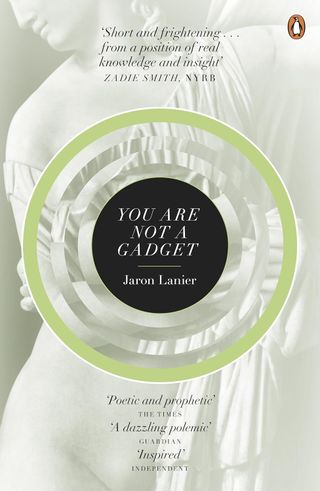
(Image credit: Courtesy of publisher)
Who remembers agonising over whether to tick In a relationship or Single or – trouble in paradise siren! – It’s complicated on their Facebook page? For philosopher and computer scientist Jaron Lanier, it is just one example of how we have always contorted ourselves to fit into the grid of someone else’s making. Published in 2011, way before we were fully sucked down the digital drainhole, Lanier’s prescient polemic argues that the internet is erasing our humanity. No longer as contentious a point as it perhaps was, true, yet this book is still filled with sharp and relevant details that can encourage small changes for our digital alter egos.
£10.99, waterstones.com
Thomas Morris, We Don’t Know What We’re Doing
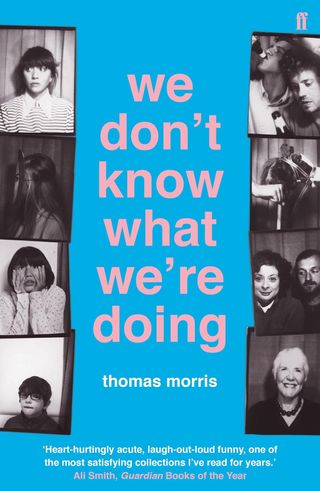
(Image credit: Courtesy of publisher)
By far one of the best contemporary books I have read recently, Thomas Morris’ short stories set in Caerphilly, South Wales, are about my favourite subject – not a lot. Or are they? On a stag weekend, at the summer festival, at a video shop, the residents clash, fumble together and grope for connection in the awkward, play it down way we are all familiar with. Quietly desperate, gorgeously sad.
£9.19, amazon.com
John Carey, The Intellectuals and the Masses
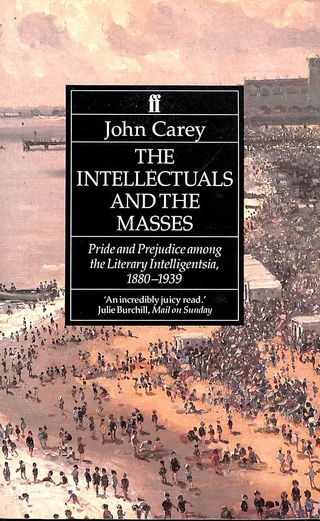
(Image credit: Courtesy of publisher)
A classic, to be enjoyed alongside the icons of modernist literature it precedes to dismantle. Carey’s 1992 seminal book is withering in its exposing of the low view of humanity held by writers and artists such as Virginia Woolf, H.G. Wells, Aldous Huxley, E.M. Forster and D.H. Lawrence. Carey links to the eugenic principles so fashionable with the 1920s in-crowd, ideas which finally took shape in Nietzsche’s Superman, a cause enthusiastically championed by Hitler. This is one to read as one side of the coin, before going on to revisit the celebration of creative freedom the Bloomsbury group championed.
£7.99, amazon.com
Brit Bennett, The Vanishing Half
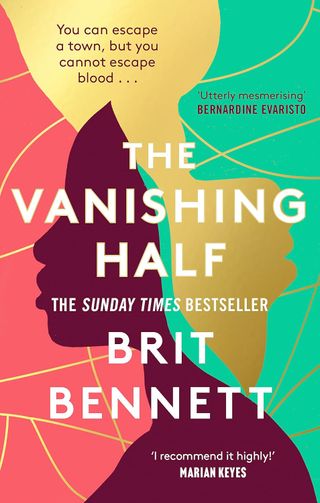
(Image credit: Courtesy of publisher)
Bennett really got into her stride with her second novel which follows identical twin sisters born in the American South. After separating, we follow their diverging paths, as one lives as a Black woman and the other passes as white, intertwining a personal and emotional play throughout a wider consideration of history and identity.
£9.99, waterstones.com
Janet Malcolm, Forty-One False Starts
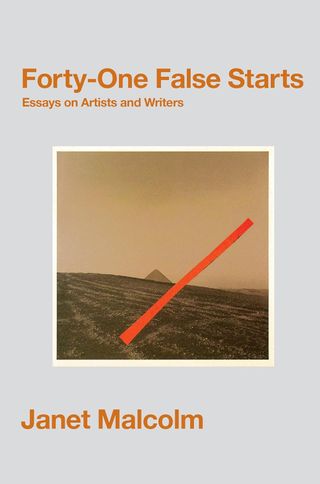
(Image credit: Courtesy of publisher)
It’s a privilege to get inside the mind of a writer like Janet Malcolm, who has an awesome breadth of knowledge and references. A brilliant book to pick up if you’re feeling uninspired, there is plenty in here to follow up on in your own time, from literary and artistic musings on David Salle, Edith Wharton and the Bloomsbury Group.
£9.19, amazon.co.uk
This post was originally published on here







